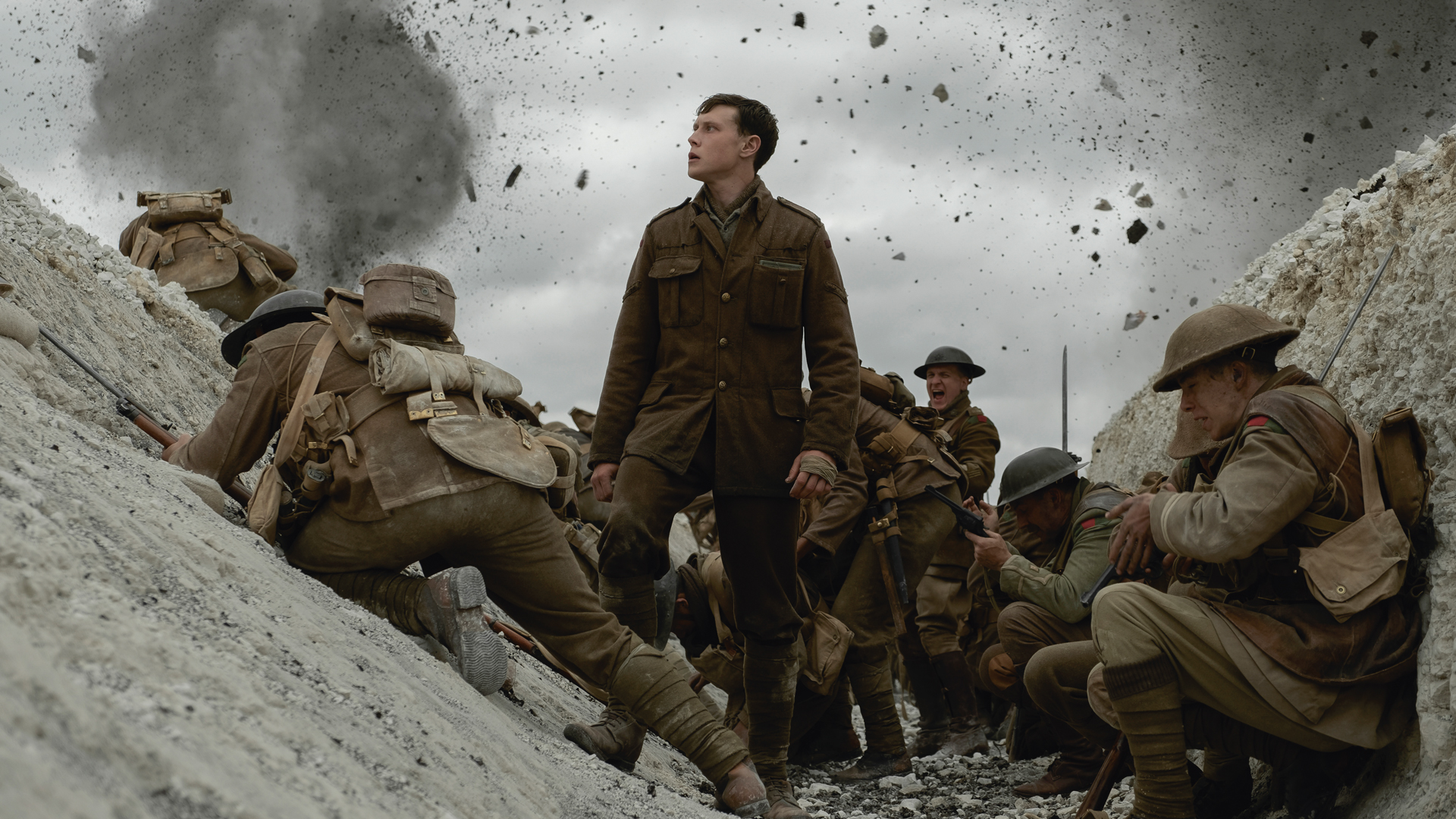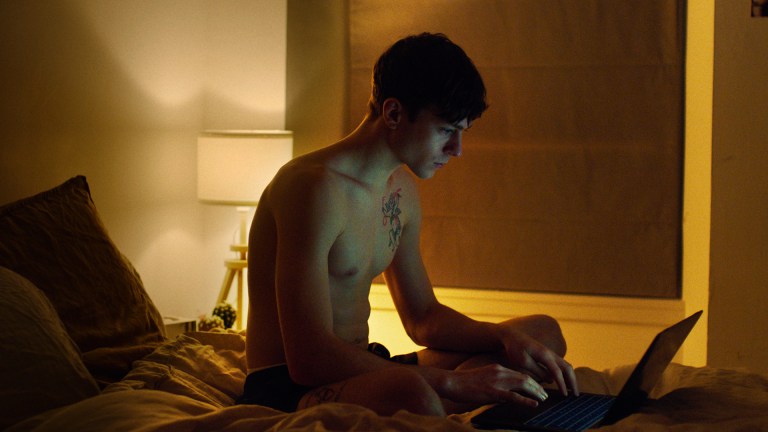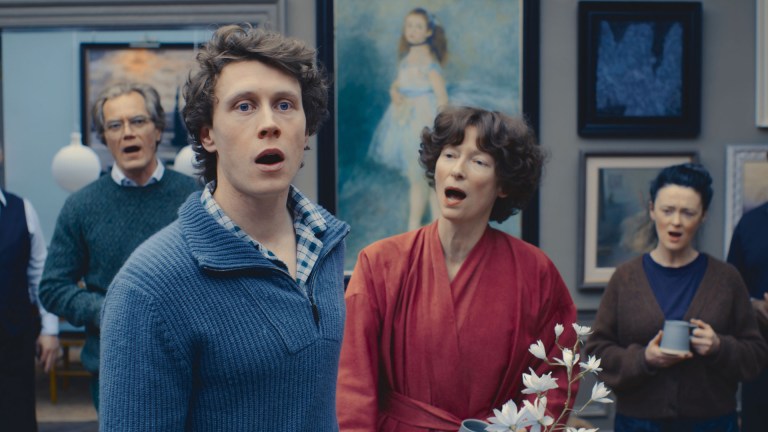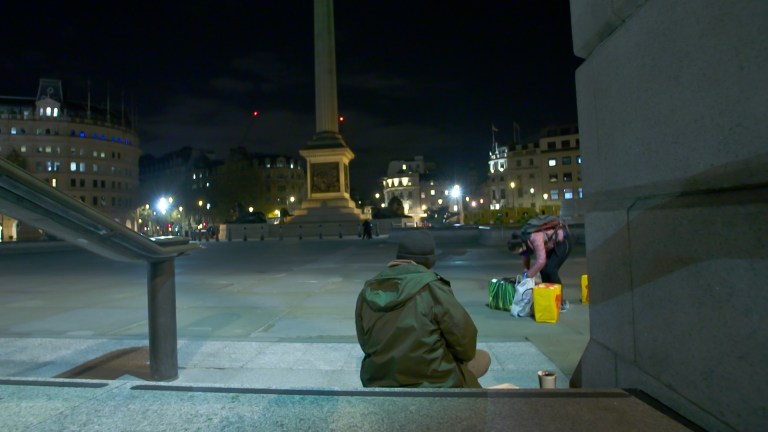The new film from director Sam Mendes, which he co-wrote with Krysty Wilson-Cairns, is a technical masterpiece. Despite being shot at locations as far apart as Glasgow, Wiltshire, Teesside and Shepperton Studios, 1917 looks like one continuous shot – as George MacKay (playing Lance-Corporal Schofield) and Dean-Charles Chapman (LCpl Blake) embark on a daring mission via trenches, no-man’s land and bombed-out French towns to stop 1,600 soldiers walking into a German ambush. Expect it to feature at the Oscars. MacKay’s star has been rising for years thanks to turns in indie films Pride and For Those in Peril plus an adaptation of Stephen King’s 11.22.63. But this intense and innovative First World War film takes him to a new level.
The Big Issue: Can you talk us through the challenges of making a film like this – like continuity of storytelling, of mood, of intensity?
George MacKay: The biggest lesson was the rhythm of the story, and that’s why we rehearsed for six months. Usually there would be time after filming for Sam to craft the edit and the pacing, but we couldn’t do that. Although we may not have filmed it in one go, we were filming chronologically in long sequences and you never cut away from us. Then they just slotted it together.
How did that impact on how you made the film?
Once the emotional rhythm of the scene was decided that dictated the actual length of the trenches they built. Because the story is always on the move. An emotional pause in a scene might eat up 100ft without you saying anything when you are jogging down a trench. So the scene needed to be the size of the set and the set needs to be the size of the scene. We would go to the area where the trenches would be dug and work through the scenes, putting markers in the ground where the trench needed to turn a corner.










